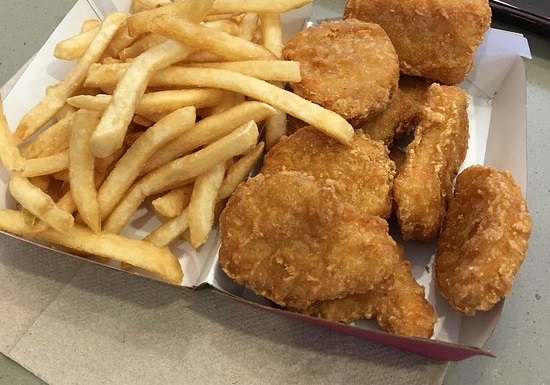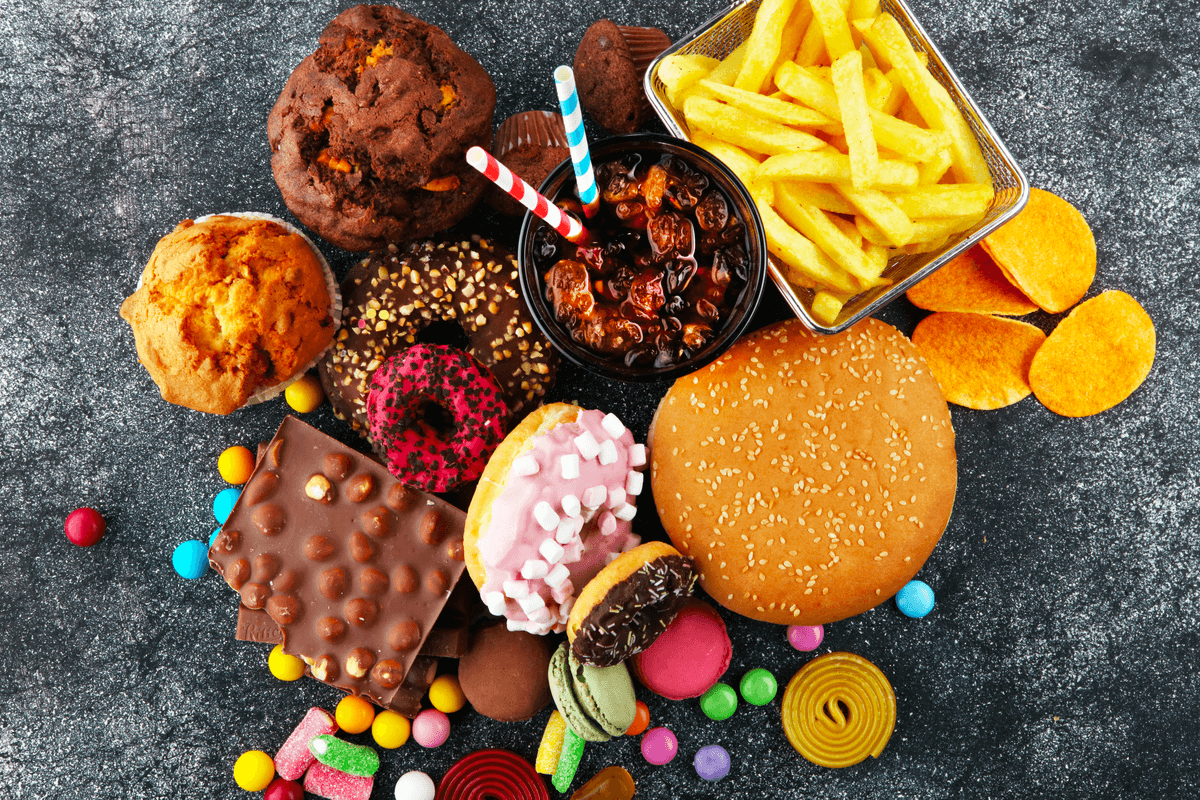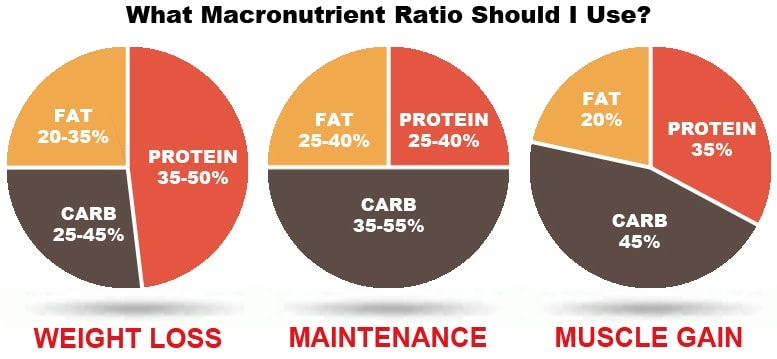Foods to Avoid When Building Muscle
When it comes to building muscle, most people focus on what to eat—lean proteins, complex carbs, and healthy fats.
While fueling your body with the right nutrients is essential, avoiding the wrong foods is just as crucial.
Some foods can hinder muscle growth, sap your energy, and even lead to unwanted fat gain. If you want to maximize your gains, it’s important to be mindful of what you put on your plate.
Highly Processed Foods and Fast Food
Highly processed foods and fast food may be convenient, but they are detrimental to muscle growth.
These foods are often loaded with trans fats, excessive sodium, and refined sugars, all of which can negatively impact your progress.
Trans fats, commonly found in fried and processed foods, contribute to inflammation and can interfere with protein synthesis, the process your body uses to build muscle.
Fast food is often high in empty calories, meaning you’re consuming a lot of energy without the necessary nutrients to support muscle recovery.
While it’s okay to indulge occasionally, relying on these foods too often can result in poor performance in the gym and slower muscle development.

Sugary Beverages and Artificial Sweeteners
Sodas, energy drinks, and even some fruit juices contain high amounts of refined sugar, which leads to insulin spikes and energy crashes.
Excessive sugar consumption promotes fat storage, which is counterproductive when you’re aiming to build lean muscle.
Artificial sweeteners, often found in diet sodas and sugar-free products, may seem like a good alternative, but they can disrupt gut health and metabolism.
Water should be your go-to beverage for hydration. If you need something with flavor, opt for natural options like infused water with lemon or cucumber. Electrolyte drinks can be beneficial after an intense workout, but choose those with minimal added sugars.
Alcohol and Its Negative Effects
Alcohol consumption can have a direct impact on your muscle-building efforts. Drinking alcohol reduces protein synthesis, slows down muscle recovery, and disrupts sleep, which is essential for growth and repair. Additionally, alcohol dehydrates the body, making it harder to maintain peak performance in the gym.
While an occasional drink won’t ruin your progress, excessive or frequent drinking can significantly impair your ability to build muscle. If you do choose to drink, moderation is key, and staying hydrated is essential.
Low-Quality Protein Sources
Not all protein sources are created equal. While protein is essential for muscle growth, consuming low-quality or highly processed protein sources can hinder your results.
For example, processed meats like hot dogs, sausages, and some deli meats contain preservatives, high levels of sodium, and unhealthy fats, all of which can contribute to inflammation and poor recovery.
Instead, opt for whole, nutrient-dense protein sources such as lean meats (chicken, turkey, and fish), eggs, dairy, and plant-based proteins like lentils, chickpeas, and quinoa. These options provide essential amino acids and support muscle recovery more effectively.

Excessive Dairy Consumption
Dairy can be a great source of protein, but excessive consumption, especially of full-fat dairy products, can cause digestive issues and unwanted fat gain. Some people are also lactose intolerant or have sensitivities to dairy, which can lead to bloating and discomfort.
If you enjoy dairy, stick to moderate amounts of high-quality sources like Greek yogurt, cottage cheese, and whey protein. Pay attention to how your body reacts to dairy and adjust your intake accordingly.
White Bread and Refined Carbohydrates
Refined carbohydrates, such as white bread, pastries, and sugary cereals, are stripped of fiber and essential nutrients.
These foods cause rapid spikes in blood sugar, leading to energy crashes and increased fat storage. When trying to build muscle, you want carbohydrates that provide sustained energy and aid in recovery.
Instead of refined carbs, opt for whole grains like quinoa, brown rice, whole wheat bread, and oats. These complex carbohydrates provide fiber, vitamins, and minerals that support muscle growth and overall health.
Fried Foods and Excessive Oils
While healthy fats are essential for muscle growth and hormone production, excessive unhealthy fats from fried foods can work against you.
Deep-fried foods are often cooked in oils high in trans fats, which contribute to inflammation and slow down recovery.
Rather than consuming fried foods, focus on healthier fat sources such as avocados, nuts, seeds, olive oil, and fatty fish like salmon. These provide the necessary nutrients for muscle recovery and overall well-being.
Too Many Pre-Packaged Protein Bars
Protein bars may seem like a convenient way to boost your protein intake, but many are packed with artificial ingredients, added sugars, and unhealthy fats.
Some bars contain more sugar than a candy bar, which can counteract your muscle-building efforts by promoting fat storage and causing energy crashes.
If you rely on protein bars, choose those with minimal ingredients and high-quality protein sources. Alternatively, opt for whole food snacks like nuts, boiled eggs, or Greek yogurt for a more nutritious option.
Skipping Whole Fruits and Vegetables
Fruits and vegetables might not be the first things you think of when building muscle, but they play a vital role in overall health and recovery. Avoiding them in favor of just high-protein foods can lead to nutrient deficiencies and weakened immunity.
Leafy greens, berries, and cruciferous vegetables (like broccoli and cauliflower) provide antioxidants that help reduce inflammation and support muscle repair.
A well-balanced diet that includes a variety of fruits and vegetables ensures your body has the necessary vitamins and minerals for optimal performance.
Building muscle isn’t just about eating more protein and lifting weights—it’s also about making smart dietary choices.
Avoiding highly processed foods, refined sugars, excessive alcohol, and poor-quality protein sources will help you optimize your muscle-building potential.
Instead, focus on whole, nutrient-dense foods that support recovery, energy levels, and overall performance. By eliminating the wrong foods from your diet, you’ll be on the right path to achieving your muscle-building goals more effectively.



